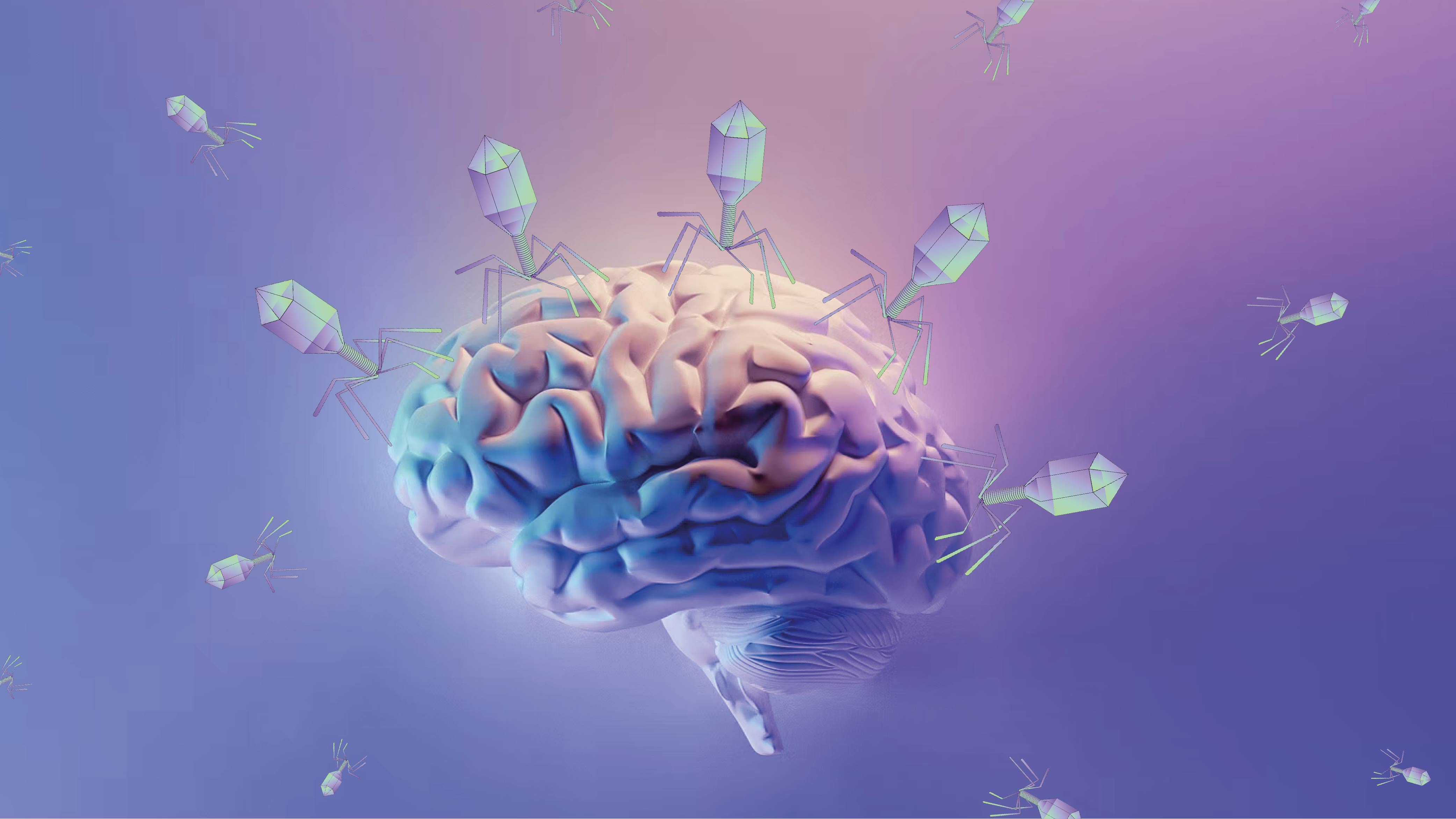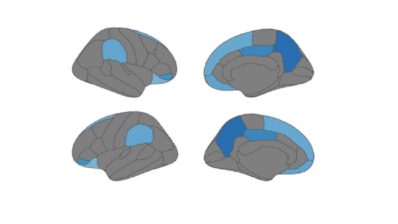A recent study has concluded that a type of bacteriophage virus that is part of our gut microbiota can positively influence our cognitive ability. As a bacteriophage, it injects its genetic material into the genome of bacteria in our microbiota, modifying the bacterium’s gene expression. The results of this research, in which the neuropharmacology laboratory led by Rafael Maldonado at the Department of Medicine and Life Sciences (MELIS-UPF) has participated, show that the bacteriophages in our intestinal microbiota can this way influence the relationship between the microbiome and the brain.
About 114 people were initially analysed, but the number was later expanded to 942. In these people, the researchers found that a higher presence of Caudoviral viruses led to both better cognitive performance and memory capacity. In contrast, people with higher numbers of Microviridae viruses had more impaired cognitive abilities. In addition, to test the relationship between the microbiota and the brain, dietary surveys were conducted to find out about the participants’ diets. It was concluded that those with a higher amount of Caudoviridae viruses in their microbiota consumed a higher amount of dairy products.
Two other experiments, in mice and flies, were also performed to reinforce the results obtained. In the mouse experiment, a faecal transplant with human microbiota was performed and it was found that the mice that received a microbiota richer in Caudovirals showed better cognitive performance than the rest. In the fly experiment, it was confirmed that the group receiving a diet supplemented with Caudoviral viruses had better memory capacity.
This research shows that Caudoviral bacteriophages, present in our gut, can influence the relationship between the microbiota and the brain.
These results confirm the influence of the bacteriophages in our microbiota on our brains and, therefore, on our cognitive abilities. In fact, these findings open the door to new lines of research, such as studying the possibility of using this isolated virus in dietary supplements to improve people’s cognitive abilities.
Jordi Mayneris-Perxachs, Anna Castells-Nobau, María Arnoriaga-Rodríguez, Manuel Martínez-García, Rafael Maldonado, José Manuel Fernández-Real, Caudovirales bacteriphages are associated with improved executive function and memory in flies, mice, and humans, Cell Host & Microbe, February 16, 2022 DOI: https://doi.org/10.1016/j.chom.2022.01.013







